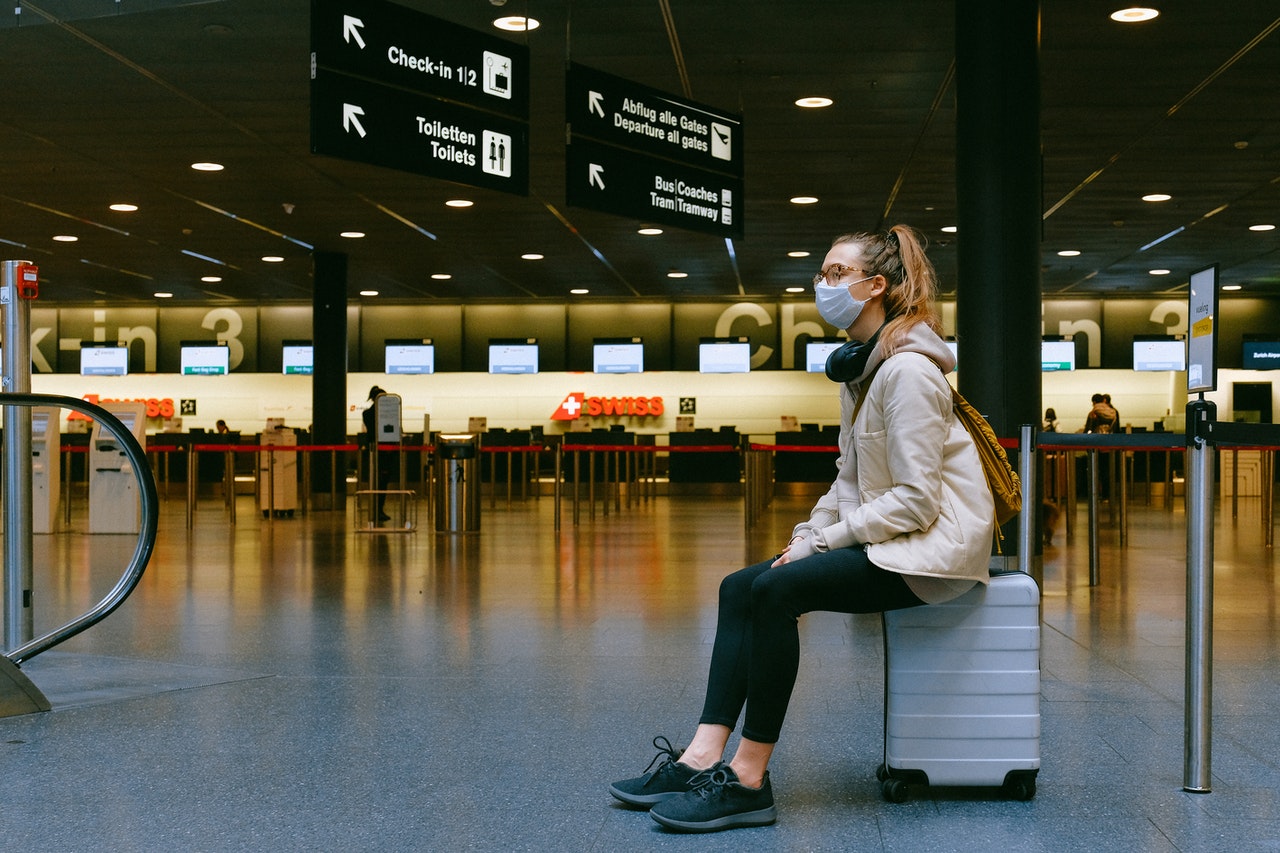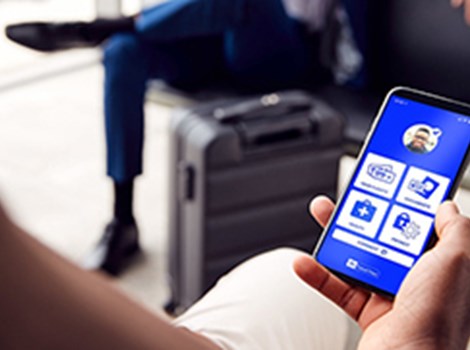The latest updates from healthcare technology developments in Singapore
Singapore leads news headlines in Asia for using the latest technology to improve health care delivery as the world continues to fight the pandemic. Several Singapore-based companies, including the government, are grabbing global attention for their efforts to ease patient access to health care and facilitate a better international travel experience during the pandemic.

Here are the five healthcare technology developments in Singapore that are the latest to grab headlines:
1. Blockchain technology to ease COVID-19 test verification
Singapore’s Smart Nation and Digital Government Office (SNDGO) and Ministry of Health announced the HealthCerts standard powered by blockchain technology, in March. Travellers undergoing pre-departure COVID-19 tests in Singapore now receive HealthCerts-verified results digitally and can access them from the government’s e-services app SingPass.
It’s a notarised certificate that makes it faster for immigration officials to verify the test results. HealthCerts uses blockchain technology for the interoperable global standard that can speed up cross-border verification of COVID-19 test results. The Singapore government may consider the same route for vaccine certificates.
2. Singapore Airlines runs successful pilot of IATA Travel Pass
A ‘health passport’ has been the other much-talked-about effort to ease international travel during the pandemic. Airlines and governments globally are grabbing headlines for trialling various apps that integrate the many health documents required to travel freely in a post-COVID-19 world. Among them is the International Air Transport Association’s (IATA) Travel Pass.

In the making since early this year, the IATA Travel Pass made its debut with Singapore Airlines. The airline had offered passengers – travelling from Singapore to London between March 15 and 28 – to participate in the trial run. On March 17, IATA announced the first traveller’s arrival using the app at London Heathrow Airport.
“The successful implementation of the IATA Travel Pass in this trial with Singapore Airlines passengers demonstrates that technology can securely, conveniently and efficiently help travellers and governments to manage travel health credentials. The significance of this to restarting international aviation cannot be overstated,” said Alexandre de Juniac, IATA’s Director General and CEO.
3. Singapore-made first of its kind COVID-19 breath test gathers traction
In the last week of May, authorities in Singapore provisionally approved a COVID-19 breathalyser test. Malaysia’s health ministry too is considering its use. It is a new non-invasive and fast process that promises to be a gamechanger in the mass testing of COVID-19. The test requires an individual to blow into a disposable mouthpiece connected to a high-precision breath sampler. Machine learning software powers the sampler that can analyse and generate results within a minute.
Dubai trialled the test developed by Breathonix, a Singapore-based company, on March 13. The trial run included 2,500 patients to assess the test’s accuracy. Mohammad Bin Rashid University of Medicine and Health Sciences (MBRU), Dubai Health Authority (DHA) and Breathonix, a spin-off company from the National University of Singapore, ran the joint clinical trial. It was previously piloted in Singapore with 80 patients to successful results.
4. An integrated platform could ease healthcare insurance claims in Singapore
Healthcare and insurance organisations in Singapore have joined forces to develop an integrated health insurance claims platform. The General Insurance Association Singapore, Life Insurance Association Singapore and Integrated Health Information Systems began accepting proposals in March. The initiative is supported by the Ministry of Health and Monetary Authority of Singapore.
The platform aims to speed up end-to-end health insurance claims and promises to benefit patients, providers and insurers alike. Patients can digitally authorise the release of relevant data, providers can submit claims on the patient’s behalf, and insurers can obtain data directly from providers. Once it’s developed and passes the pilot, the platform will be scaled and adopted nationwide.
5. Singapore introduces voluntary listing of telemedicine service providers
The Singapore Ministry of Health introduced a new voluntary listing of direct telemedicine service providers on February 26, 2021. While it is voluntary, the Ministry strongly urged providers to apply to be listed as it could ease their transition to the licensing regime under the new soon-to-be-implemented Healthcare Services Act. Being listed could also translate into subsidies and claims benefits for providers.
The voluntary listing is a first step towards regulating the currently unregulated telemedicine service providers in the country. It’s an interim measure to promote patient safety and welfare by helping them make informed choices. The Ministry will only list providers that qualify for the compliance and eligibility requirements mentioned on its website.
